


Orbis Scientia is an AI-augmented research-workflow platform that guides doctoral scholars from the first scoping question to a fully documented, auditable manuscript package. Nine tightly integrated stages—replace ad-hoc tool-hopping with a single provenance-preserving environment. Each step externalizes cognitive load through intelligent automation while leaving you, the researcher, in decisive control.

Define project metadata, disciplinary context, preliminary objectives, and proposed research question. Orbis creates a persistent workspace and establishes context-aware AI prompting for all subsequent stages.

Configure search terms and select scholarly databases; Orbis executes parallel API queries, deduplicates results, and automatically classifies sources by relevance and type for rapid triage by the researcher. Works with all of the major search tools via APIs, for example Semantic Scholar, BASE, CORE, Pubmed and many others.
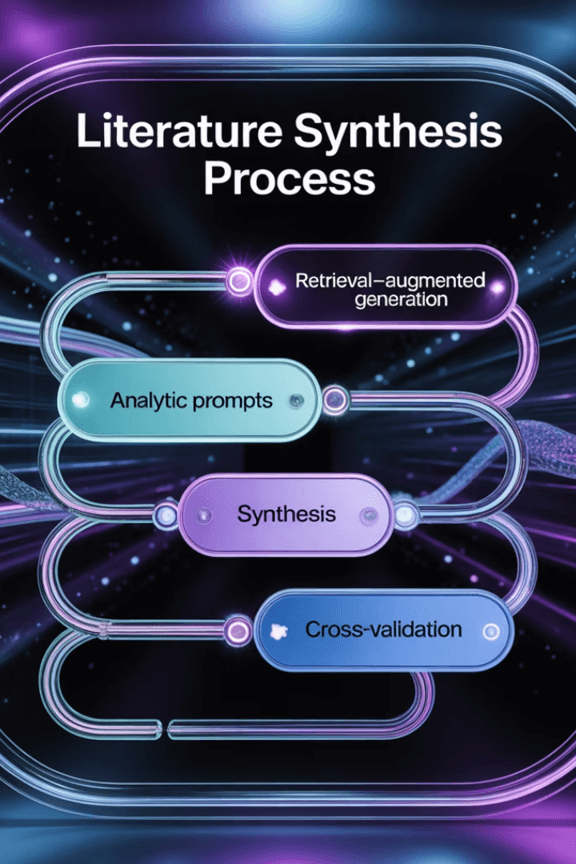
Craft synthesis prompts and analyze AI-generated thematic summaries or coded insights. Orbis groups insights, cross-validates relevance, and surfaces patterns across the corpus.
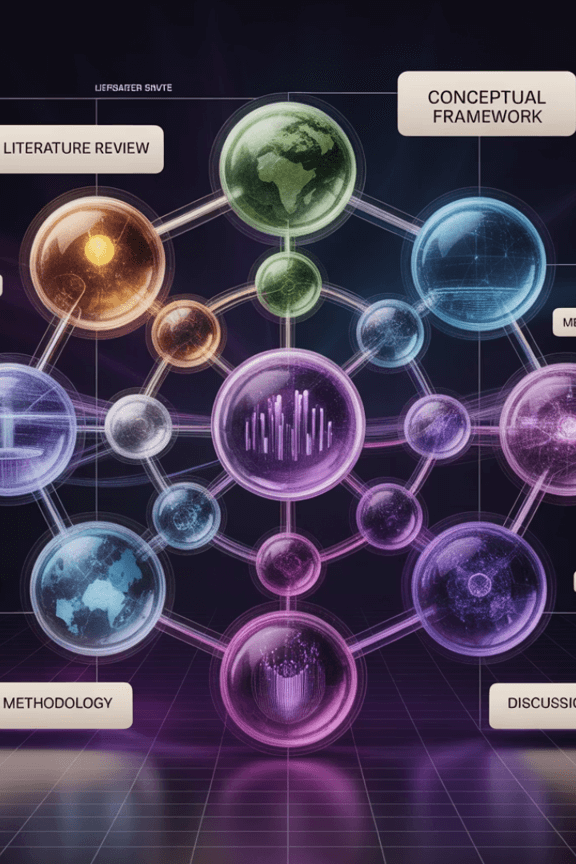
Select seminal frameworks and import your own. Orbis maps constructs to variables and generates a customizable theoretical framework.

Transform theories into testable propositions. Orbis drafts logically aligned hypotheses and highlights gaps for researcher-driven refinement.
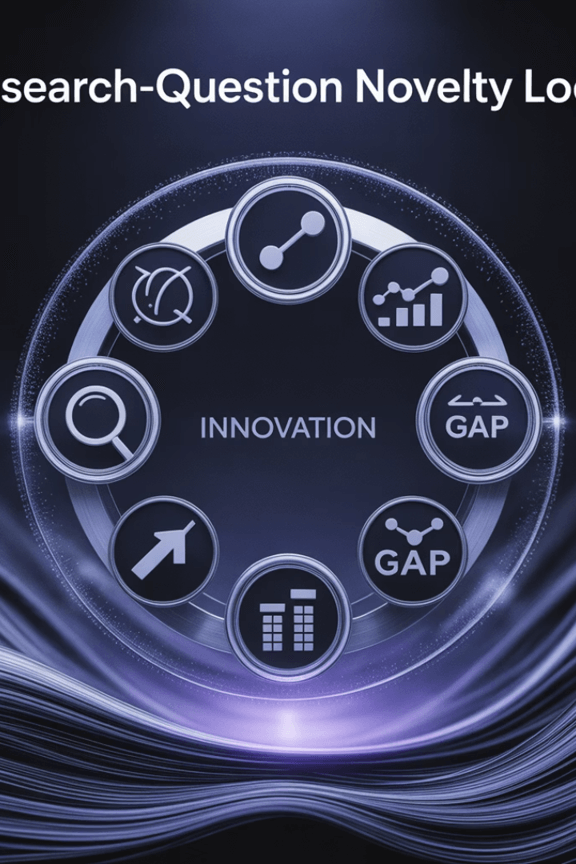
An always-available novelty engine evaluates the research question against both synthesized and newly published literature, signaling opportunities to pivot or refine for enhanced originality

Assemble and edit a manuscript draft in one view; Orbis offers coherence checks to ensure internal logical alignment across sections.
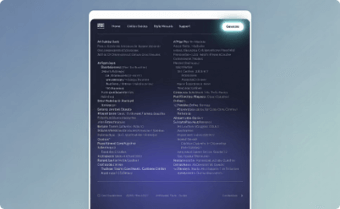
Orbis supports export of structured data tables, references (RIS, BibTex, PubMed), and a provenance ledger to satisfy replication and peer-review requirements. Additionally, it provides quantitative metrics assessing the thoroughness and methodological rigor of the literature search and synthesis stages. Interface with Zotero, EndNote, Mendeley, Research Rabbit, Litmaps and other tools.
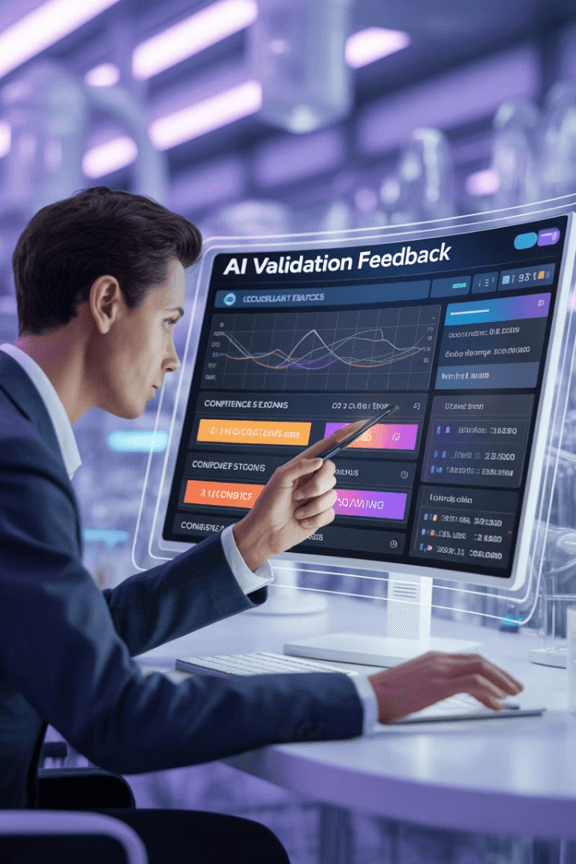
Each stage of the Orbis pipeline incorporates embedded cross-checks, logic diagnostics, and model coherence assessments. Researchers receive stage-specific validation analysis that help ensure theoretical consistency and empirical soundness as the project progresses.